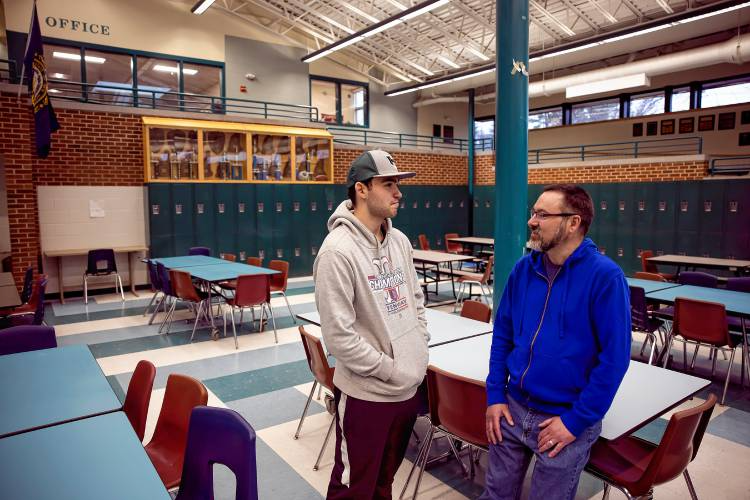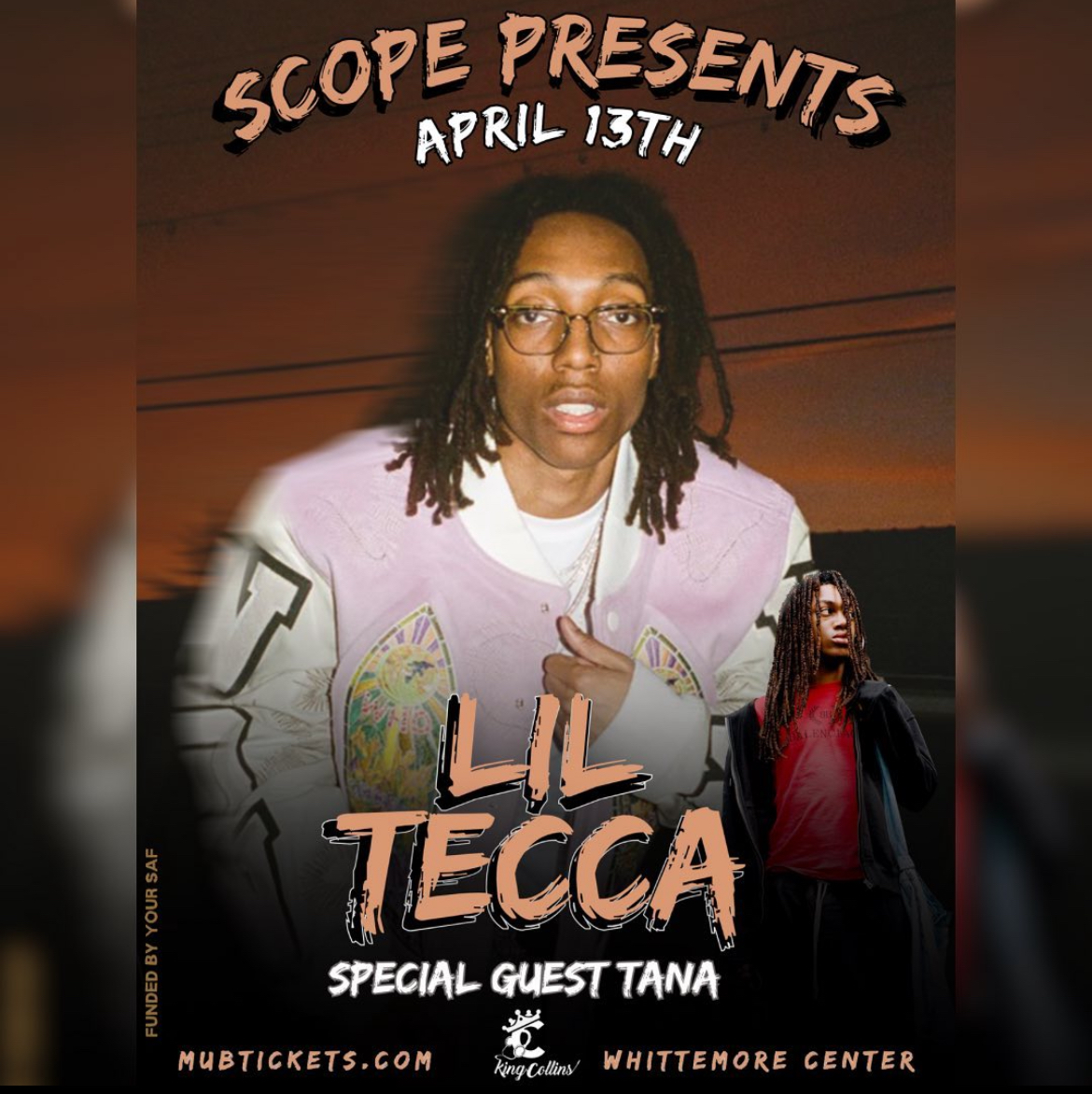Mrinal Ganash, a University of New Hampshire (UNH) student from India, discussed his childhood growing up in different parts of India feeling like an outsider because of the different customs that he learned in those places. He posed the question: “Does India Exist?” and attempted to answer that in his Cultural Connections presentation put on by the Office of International Students and Scholars (OISS) over Zoom on Friday, Sept. 25.
Mrinal was born in Chennai, also known as Madras, which is the capital of the Indian state of Tamil Nadu in the southern part of India. But while he was born in the south, he mostly lived up north and explained that there are different languages in the different states of India that separate the subcontinent. He said that the last time he visited India was two years ago.
“I mostly felt like an outsider… because I did speak the language of Hindi and so I was good there but I still had a pretty thick accent and that kind of meant that I still couldn’t understand the regional dialect,” Mrinal said. “I almost always got into some kind of fight when I was like eight or nine. But that was mostly because I was pretty bad at cricket I believe and the other kids were just frustrated at me.”
Mrinal said, “But there were other times where I felt like an outsider, especially my current best friend is from Northern India and during my time there when I’d go to his house I usually used to play with his PS3… however there was this one festival that we usually celebrated up north called Raksha Bandhan. It’s a festival to celebrate brothers and sisters’ love. During that time his cousin would usually come to visit him and I can’t really go to his house because there would be other relatives present there. And that was the case for the other kids on my block, in my neighborhood so I’d usually sit at home.”
He went on, “I always felt kind of alone at those points. It kind of emphasized me being an outsider because as a South Indian I don’t usually practice those customs, so it was definitely hard to fit in. But as the years went along I think I integrated myself nicely.” He mentioned that many of the friends he made back then are still his best friend’s to this day.
He also explained that between the north and south of India people from the north don’t learn all the history of the south and vice versa. He also said that “many people outside of India are often surprised when Indians cannot communicate with each other, and wonder why that is.”
This comes down to the fact that the people in different states of India speak different languages. There is the common language of Hindi that most people in India know how to speak but there are also other languages specific to the states in India. He compared these different languages spoken in India to being similar like French or Spanish but still completely different languages. He emphasized that one thing that people forget or don’t realize about India is that there are different languages, cultures and customs that exist within its borders.
He also explained how different the Northern Indian languages are compared to the Southern Indian languages. He said that where he comes from in the south they speak a family of languages known as the Dravidian languages and up north they speak Indo-Aryan languages. Mrinal also mentioned that there are a total of 29 states and there are 22 different languages spoken in India. Tamil is his mother language from Southern India that he speaks.
Mrinal explained the history of India and told everyone that India was never one country, it was similar to Europe in that for most of history it had separate kingdoms that rose and fell. The northern region was open to invasions from the various powers above it while the south and its culture was stretched from Southern India to Singapore. He also said that India was under British Colonial rule but gained independence in 1947.
He then went on to explain how people in different parts of India greet each other. Most young people say “hi” or “hello” but traditionally speaking, it differs from region to region. He said, “in Tamil Nadu, where I’m from we say Vanakkam and up north it is usually Namaskar or Namaste.” But he said all of these greetings are not set in stone and change depending on the state.
“India is obviously known as the spice capital of the world,” Mrinal said when he introduced the topic of food in India. He continued, “if you’re looking at the history, India was very prominent in the spice trade and rightfully so because a lot of intricate dishes are made with these spices and have a lot of uses with food.” He said about the northern and southern parts that “both utilize spices to bring out greater flavor in their food.” But he said there are some differences in what the food is made from. In the south, the food is rice-based where in the north it is wheat-based.
Mrinal additionally showed some pictures of the traditional clothing in the northern and southern states and talked a little about the music there. But he explained he himself doesn’t listen to much music so he doesn’t know as much personal information about it. He said that “music from the north can be generally categorized as Hindustani and music from the south can be classified as Carnatic.”
Mrinal additionally discussed a famous Indian he looks up to, Srinivasa Ramanujam who he said was an “incredible mathematician” and a mostly self-taught one. He discussed the other accomplishments of Ramanujam and said he “independently produced many famous theorems and equations such as the Bernoulli numbers.” He went on to explain that Ramanujam is known for Rogers-Ramanujam identities and many more mathematical identities. He also said that, “G.H. Hardy compared him to the likes of Euler and Jacobi.”




















